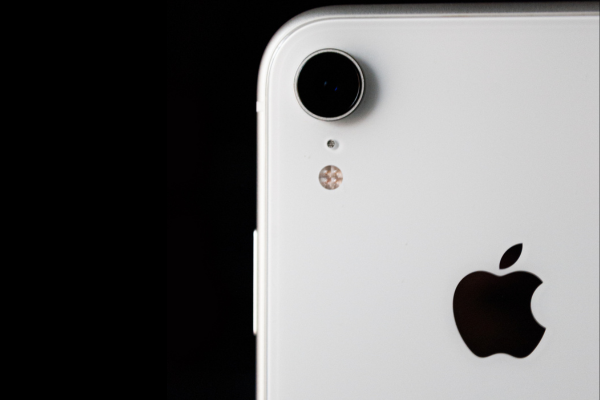The US Department of Justice (DOJ), in conjunction with 16 state and district attorneys general, has launched a significant antitrust lawsuit against Apple. The lawsuit accuses the tech giant of maintaining an illegal monopoly in the smartphone market, particularly focusing on how Apple allegedly locks customers into its ecosystem and stifles competition. These actions, according to the DOJ, have led to increased prices for consumers and developers alike, fostering an environment where users become more dependent on Apple’s products and services.
The allegations put forth by the DOJ include Apple’s efforts to disrupt the potential of “super apps,” block cloud-streaming services, degrade messaging quality with competitors, limit third-party smartwatch functionality, and obstruct the creation of competing digital wallets. These strategies, as outlined by the DOJ, exemplify Apple’s approach to maintaining its market dominance by implementing restrictive contractual rules and limiting access to critical smartphone functionalities.
Why it matters: The lawsuit against Apple represents a significant move by the US government to address perceived monopolistic practices within the tech industry, an area that has seen increasing scrutiny over the past years. This case not only highlights the ongoing tensions between large tech companies and regulatory bodies but also underscores the broader implications for competition, innovation, and consumer choice in the digital age.
- Increased Scrutiny on Tech Giants: This lawsuit follows a pattern of heightened regulatory attention on tech monopolies, echoing previous cases against companies like Google. It reflects a growing consensus on the need to curtail the power of big tech to foster a more competitive market.
- Consumer Impact: The DOJ’s allegations suggest that Apple’s practices could lead to higher prices and fewer choices for consumers. By limiting competition, Apple potentially hampers innovation and the development of new, user-centric technologies.
- Developer Relations: Apple’s relationship with app developers is under the microscope, with the lawsuit highlighting complaints about the restrictive nature of the App Store and the fees imposed on developers. This could lead to significant changes in how developers distribute and monetize their apps on iOS.
- Global Antitrust Movement: The case against Apple aligns with a broader global trend of regulatory actions against tech monopolies. With the European Union already taking steps to regulate tech giants, the DOJ’s lawsuit could signal a more coordinated international effort to address these concerns.
Go Deeper -> US sues Apple for illegal monopoly over smartphones – The Verge







